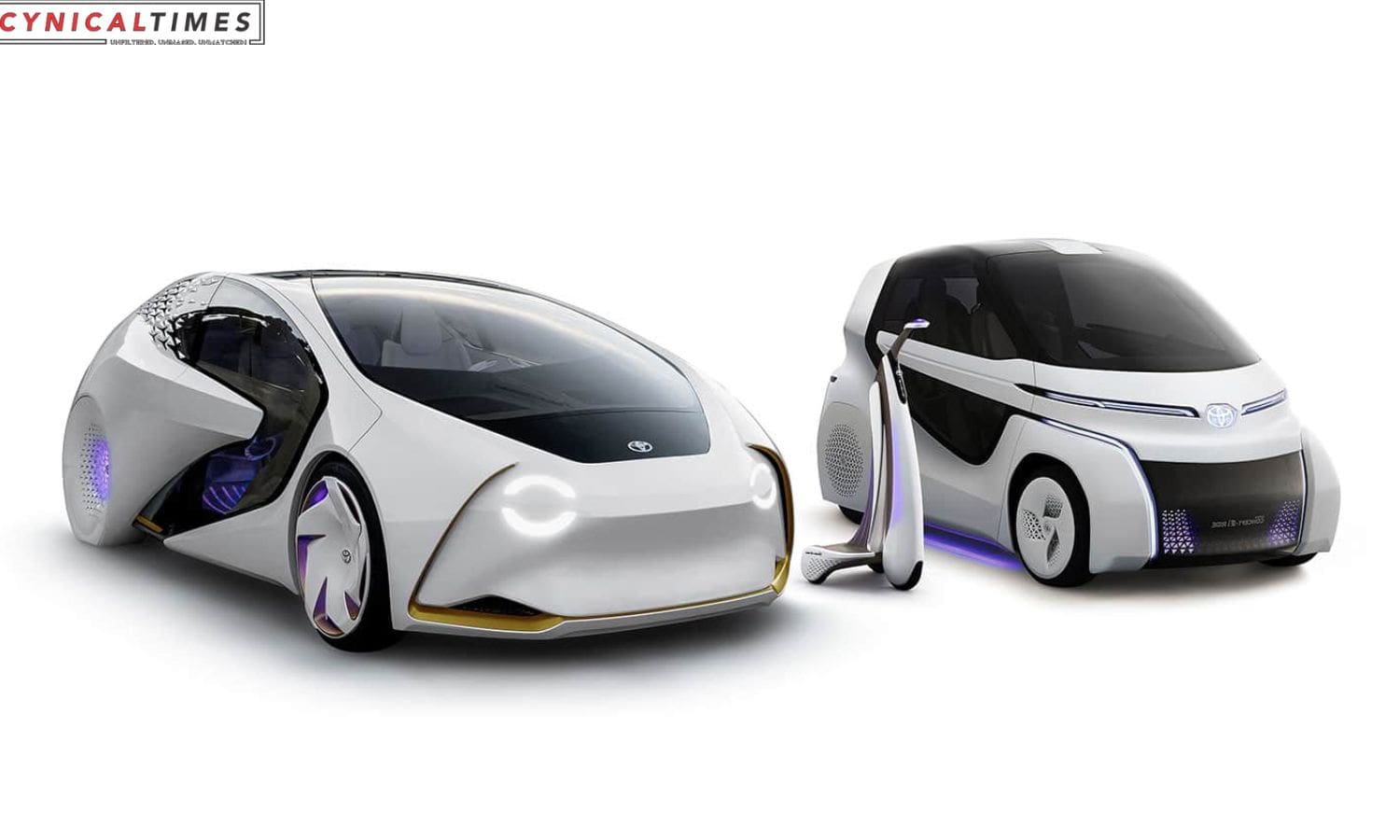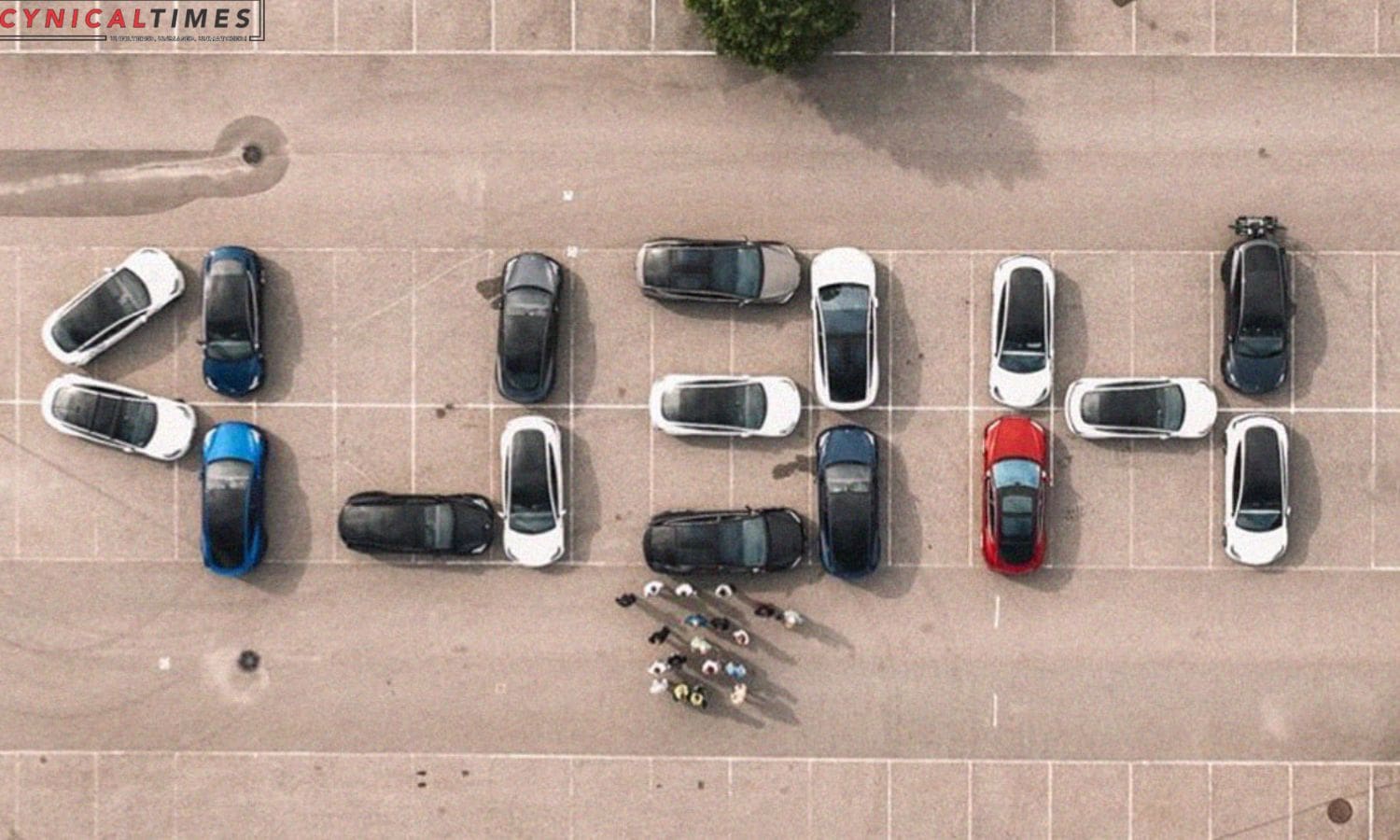Electric Car Revolution Breakthrough Battle: Electric cars were hailed as the future, yet persistent issues deter potential buyers. Limited range, hefty and pricey batteries, and extended charging times have been roadblocks. But hope is on the horizon as companies claim breakthroughs in technology to address these challenges.
Toyota, notably, hints at a significant stride forward. Other automakers, including Stellantis, Hyundai, and Volkswagen, are also collaborating with various battery firms on a promising solution the “solid-state battery.” However, much like other transformative technologies, it’s been perpetually just a couple of years away.
Solid-state batteries offer the allure of smaller, lighter, and more powerful energy storage with enhanced safety. They replace the gooey liquid electrolyte in lithium-ion batteries with a solid counterpart, potentially reducing fire risks. While solids are denser, taking up less space, other strategies are being explored to make batteries smaller, lighter, and faster to charge.
The challenge lies in economically producing these high-tech batteries in quantities sufficient for affordable electric cars. Concurrently, established manufacturing techniques exist for competing battery technologies. The field is wide open, with startups experimenting with different chemical combinations and physical structures.


Also Read: OPEC Delay Sparks Oil Price Rollercoaster: Will Thanksgiving Travelers Get Pump Relief?
Fast charging remains a consumer priority, posing a challenge for solid-state batteries. The movement of lithium ions through rigid materials slows down energy transfer, affecting charging times and vehicle acceleration. However, companies like Quantumscape claim their solid-state batteries, incorporating some liquid for the electrolyte, can outpace typical lithium-ion batteries.
Despite the promise, solid-state batteries tend to be pricier due to higher lithium content. While lithium prices may decrease with increased access, solid-state batteries may remain costlier than alternatives.
Factorial, backed by Stellantis and Mercedes, asserts its solid-state battery technology utilizes less lithium, potentially lowering costs as production scales up. Quantumscape claims its design eliminates graphite, reducing expenses and purportedly slashing carbon emissions from manufacturing.
While some firms focus on improving traditional liquid-electrolyte batteries, others explore semi-solid state batteries, blending elements of both designs for benefits without entirely abandoning fluid-based systems.
The future likely won’t see a single battery technology dominating all electric vehicles. Instead, automakers will match battery types to specific vehicles and markets, akin to the diverse engine use in various models. GM’s Ultium electric vehicle design, forming the basis for all GM EV models, is engineered to accommodate a variety of battery technologies, recognizing the need for multiple solutions in a diverse customer lineup.
Our Reader’s Queries
Who is winning the EV war?
According to industry giants Ford, GM, and Mercedes-Benz, Tesla has emerged victorious in the EV plug war. The innovative automaker has managed to outshine its competitors with its cutting-edge technology and forward-thinking approach. With this win, Tesla has solidified its position as a leader in the electric vehicle market.
Who revolutionized the electric car?
Des Moines native William Morrison pioneers the first electric vehicle in the United States. Though his creation is essentially an electrified wagon, it ignites a newfound fascination with electric transportation.
What is electric vehicle revolution?
The electric vehicle (EV) revolution is already in motion and poised to transform the way we drive, while also paving the way for a more sustainable future. This shift is being driven by a combination of government support, industry commitments, and the expansion of charging infrastructure. With these key factors in place, the EV movement is gaining momentum and is set to become a major force in the automotive industry. As we move towards a cleaner, greener future, the EV revolution is leading the way.
When was the first electric car mad?
Back in 1888, a German engineer named Andreas Flocken created the very first electric car. Interestingly, electric trains were also utilized in mines to transport coal, as their motors didn’t consume oxygen. Prior to the widespread use of internal combustion engines, electric cars held numerous speed and distance records.

